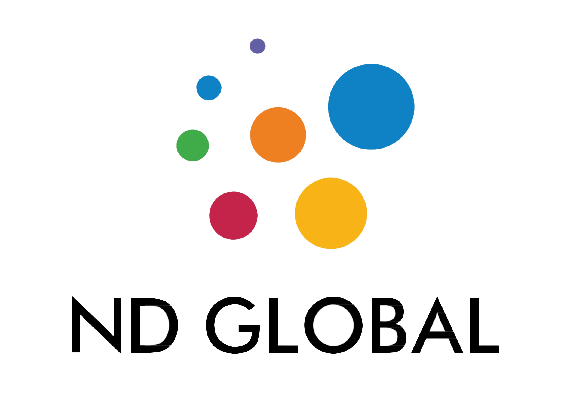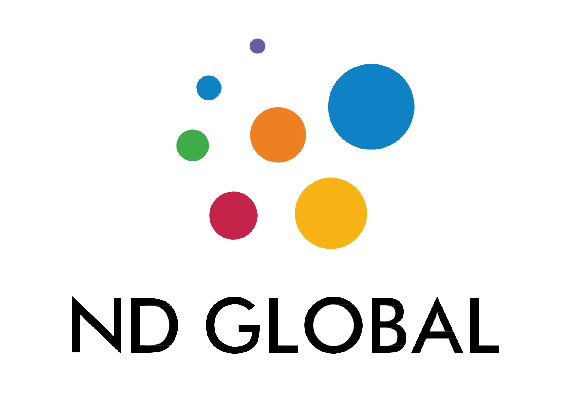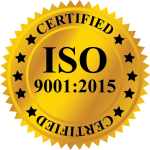Introduction– Healthcare staffing is undergoing a profound transformation, influenced by various trends and challenges. The industry faces an increased demand for healthcare professionals, coupled with a talent shortage, burnout, and complex regulatory issues. To stay ahead, healthcare organizations must understand these dynamics and embrace innovative solutions. This blog explores the current trends, challenges, and future outlook of healthcare staffing.
The Current Landscape of Healthcare Staffing – By 2024, the largest threat facing healthcare organizations will be labor shortages. Although there is a greater need for healthcare services, there is also a growing exodus of healthcare professionals from the industry. Because of these factors, the healthcare industry is currently experiencing acute shortages and high turnover rates, which makes it challenging for many healthcare providers to find and hire qualified candidates. Based on a study, if the current trends in the US workforce continue, there will be a shortage of over 4 million workers countrywide by 2026 as about 6.5 million healthcare professionals will leave their positions permanently, with only 1.9 million taking their place.
Current Trends in Healthcare Staffing
- Increased Demand: The demand for healthcare professionals is rising due to an aging population and expanded healthcare access. As baby boomers age, the need for medical services increases, putting pressure on the already strained healthcare system. Additionally, policy changes and greater healthcare access have further amplified this demand, requiring more healthcare workers across various specializations.
- Telehealth and Remote Work: Telehealth has revolutionized healthcare delivery, especially during the COVID-19 pandemic. It has created new opportunities for remote healthcare roles, allowing professionals to provide care from different locations. This shift not only meets patient needs more flexibly but also expands the talent pool by enabling professionals to work from anywhere.
- Technology Integration: Artificial intelligence (AI) and other technologies are streamlining staffing processes. AI-driven platforms can efficiently match candidates with job openings, reducing the time and effort required for recruitment. Additionally, technology helps in managing schedules, tracking compliance, and ensuring optimal staffing levels, thereby enhancing overall efficiency.
Challenges in Healthcare Staffing
- Talent Shortage: The healthcare industry faces a critical shortage of qualified professionals. Contributing factors include an aging workforce, high turnover rates, and insufficient numbers of new graduates entering the field. This shortage impacts the quality of care and increases the workload on existing staff, exacerbating burnout.
- Burnout and Retention: Burnout is a significant issue in healthcare, leading to high turnover rates and retention challenges. The demanding nature of healthcare jobs, long hours, and high-stress environments contribute to burnout. Addressing burnout through supportive work environments, mental health resources, and balanced workloads is essential for retaining staff.
- Regulatory and Compliance Issues: Healthcare staffing is heavily regulated, with various state and federal laws governing the industry. Compliance with these regulations is complex and time-consuming, impacting staffing flexibility and increasing administrative burdens. Navigating these regulatory landscapes requires careful management and adherence to ensure compliance.
Innovative Solutions
- Flexible Staffing Models: Introducing flexible staffing models, such as per diem staffing, travel nursing, and gig economy models, can help address staffing shortages. These models offer healthcare professionals the flexibility to choose their work hours and locations, improving job satisfaction and attracting a broader range of candidates.
- AI and Automation: AI and automation can significantly enhance staffing processes. AI-driven tools can efficiently match candidates to roles based on their skills and preferences, reducing administrative burdens. Automation can streamline scheduling, compliance tracking, and other administrative tasks, allowing healthcare professionals to focus more on patient care.
- Enhanced Training Programs: Innovative training and professional development programs are crucial for preparing healthcare staff for evolving roles. Continuous education, upskilling, and reskilling programs ensure that professionals are equipped with the latest knowledge and skills to meet the demands of modern healthcare.
Future Outlook
- The future of healthcare staffing will be shaped by emerging trends and technologies. AI and automation will continue to play a pivotal role in optimizing staffing processes. Telehealth will expand, creating more opportunities for remote roles. Additionally, flexible staffing models and enhanced training programs will become more prevalent, helping to address talent shortages and improve retention.
- Healthcare organizations must adopt proactive strategies to stay ahead of these changes. Embracing innovation, investing in technology, and fostering supportive work environments will be key to navigating the future of healthcare staffing.
Conclusion – Understanding and addressing the trends and challenges in healthcare staffing is crucial for the success of healthcare organizations. By embracing innovative solutions and adapting to future changes, organizations can ensure they are well-prepared to meet the growing demand for healthcare professionals. Let’s cultivate confidence and watch our potential grow as we navigate the future of healthcare staffing together. To navigate the future of healthcare staffing, one must have a solid understanding of market trends as well as the evolving needs of practitioners and patients. Healthcare companies may encourage remote work, use data analytics, promote diversity, and engage in continuing education to guarantee they have a strong workforce that can provide exceptional patient care in this fast-paced healthcare climate.
How ND Global can help – ND Global recognizes the pivotal role healthcare staffing nurses play in ensuring the well-being of children during medical treatment. As a leading healthcare staffing solutions provider, we offer comprehensive assistance in hiring healthcare staffing nurses to meet the unique needs of healthcare facilities. Here’s how ND Global can help:
- Specialized Recruitment: Our dedicated team specializes in sourcing and recruiting qualified healthcare staffing nurses who possess the necessary skills and attributes to excel in healthcare facility.
- Extensive Network: Leveraging our vast network of healthcare professionals, we connect healthcare facilities with top-tier healthcare staffing nursing talent, ensuring a seamless recruitment process.
- Customized Solutions: We understand that each healthcare facility has unique staffing requirements. Our tailored staffing solutions are designed to meet the specific needs of our clients, whether they require temporary, permanent, or contract, healthcare staffing nursing staff.
- Streamlined Hiring Process: ND Global streamlines the hiring process, saving time and resources for healthcare facilities. From candidate sourcing and screening to credentialing and onboarding, we handle every aspect of the recruitment process efficiently.
- Comprehensive Support: Our team provides ongoing support to both healthcare facilities and healthcare staffing nursing professionals, ensuring a positive and rewarding experience for all parties involved.










